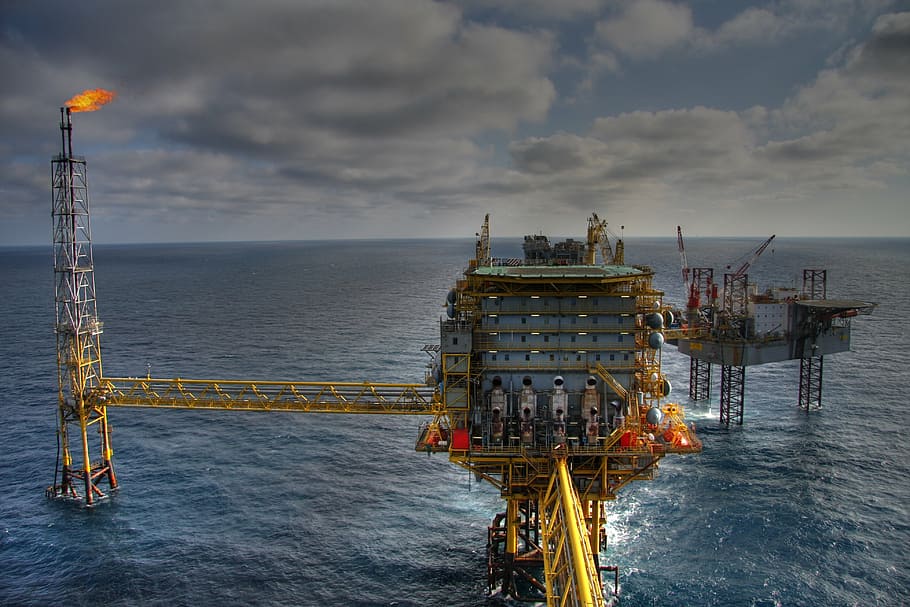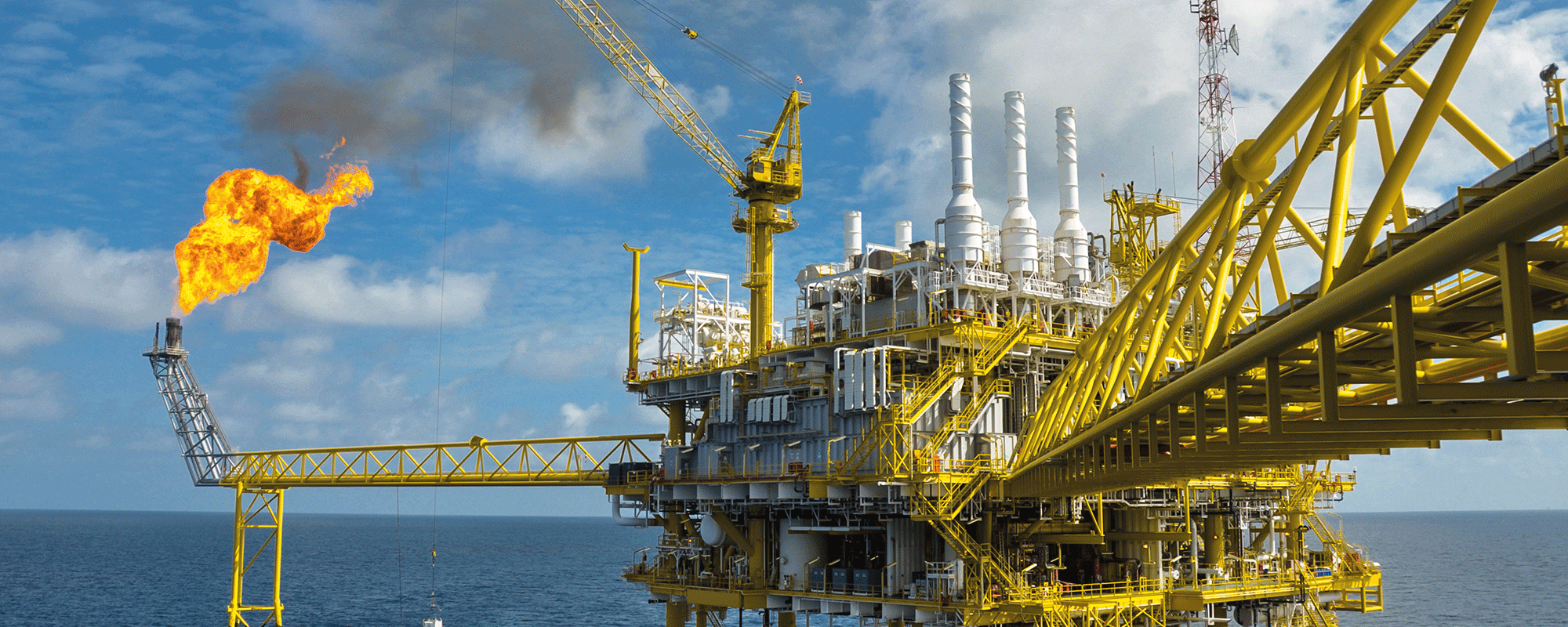The cart is empty!

Not-to-Be-Missed Corrosion Conferences Online
London and Aberdeen Branches Present More Events Online
The world may be in a state of continual flux and debilitating coronavirus restrictions, but there are some things you can rely on. One of those is the Institute of Corrosion, which continues to bring conferences, events, and meetings to your digital device.
Following the success of our online events earlier in the year – such as the Week of Webinars – we have news of two further online events. These are corrosion conferences that you will not want to miss. Read on to learn more, including how you can participate from anywhere in the world.
London Branch ICorr Meeting Goes Virtual
The London Branch of ICorr has announced its first ever virtual branch meeting. This is an evening event, starting at 6pm UK time (7pm CEST) on Thursday 8th October 2020, and will be a joint meeting with the London Materials Society (LMS).
This technical session will deliver a case study under the title ‘A New CP Approach on Non-Isolated and Aged Pipelines’. The presenter is Pablo Merino, Cathodic Protection Technical Authority @ CLH PS.
Here’s the premise:
- An aged pipeline
- An oversaturated CP System NOT achieving full extent protection criteria
- An in-line corrosion inspection showing several corrosion features and a deficient coating condition
- In some locations the coating is non-existent
Questions that must be answered include:
- What can we do?
- How we can progress from this situation?
This is a real case. It’s a big dilemma, and there are several options available. All need to be assessed before the most feasible solution from both a technical and economical perspective can be selected.
By the end of this meeting, we will have discussed all the possibilities and shared the solution. It’s an amazing ‘learn from the expert’ event.
To attend, click the link below to register. You will then receive login details and the ‘rules’ for this online meeting. (Oh, and don’t forget, there is one thing we can’t supply – drinks and snacks for the event. Yes, the London Branch is famed for its refreshments, but this time they are down to you.)
Register for the London Branch Meeting on 8th October 2020
ICorr Aberdeen and MCF Lunch and Learns
The Marine Corrosion Forum (MCF) and ICorr Aberdeen Branch follow on from their well-received and attended April and July ‘Week of Webinars’, with another five days of online lunch and learn events between 5th and 9th October 2020.
Here is the week’s schedule, with detailed abstracts. Each lunchtime session starts at midday and runs for an hour. And each is FREE. You can register for one or all events by visiting:
www.marinecorrosionforum.co.uk/attend
Event #1: ICorr
A history of well integrity in the operations phase and its business impacts to the oil and gas industry
Presented by Simon J. Sparke, International Well Integrity Ltd.
5th October 2020, 12:00 PM
Abstract – Well integrity really impacted our lives and became part of our culture following the Piper Alpha disaster in 1988, and the publication of the Cullen report and the impact of the Design and Construction Regulations (DCR) 1996.
Since then in United Kingdom Continental Shelf (UKCS), Norway, and many other parts of the world, the industry is required to adhere to a wide catalogue of guidelines and standards such as the Oil and Gas UK guidelines (O&GUK), ISO-16530 well integrity standard, NORSOK D-010 and more, so that these have become part of the daily reading and way of life, to demonstrate how we as an industry should and do conduct our business of managing well stock throughout the well lifecycle.
This presentation will open with the history of well integrity, how it has developed, the implementation of key management software, the well examination process, and much more. We’ll also discuss how the industry has shaped our attitude on day-to-day business.
The on/offshore oil and gas production industry as well as the underground gas storage business with use of disused oil wells, and salt cavities, is highly regulated and governed. What is now becoming a common industry thread is the use of Well Integrity Management Software (WIMS), which typically follows the ISO-16530 standard, using the nine structured elements to look at the technical, operational and organisational element of the oil and gas sector in a structured way to allow reporting and independent review to the standard expected by a wide range of regulators.
This is further supported with institutions such as the International Well Control Forum (IWCF) and its certification programme for a wide range of staff working on wells, to ensure that they understand and recognize the risks associated with working on and around the well stock.
Finally, the recent work of O&GUK will be discussed, which has published competency guidelines to ensure that all operators maintain a transparent and auditable programme to ensure that workers are periodically reviewed for compliance to a minimum standard.
Event #2: ICorr
A review of glass flake technologies and short-term aerosol solutions for marine corrosion protection
Presented by Graham Greenwood-Sole, Managing Director of Corrocoat, Leeds
6th October 2020, 12:00 PM
Abstract – Corrocoat has been providing cost-effective anti-corrosion methods, materials and engineering rehabilitation expertise for over 30 years. They enjoy a proven track record in solving corrosion-related problems throughout industry, operating across five continents from more than 30 locations worldwide. Corrocoat’s business is extremely diverse, dealing heavily with the oil, power, mining, marine, petrochemical and many more industries that encounter corrosion issues.
This presentation will outline the benefits and function of glass flake within high performance linings, options for the technology using differing resin systems, for the protection of equipment operating in harsh process environments. It will discuss the advantages of this long-life technology and the critical importance of the right application techniques in pipework especially. Further, as the industry looks to shorter-term solutions to corrosion prevention, the use of surface-tolerant epoxies (which has recently become more prevalent) and the development of single-container two-pack epoxy aerosol technology will be discussed, as this may well prove an ideal solution for holding back corrosion ahead of major intervention programmes by plant operators.
Event #3: ICorr
What is proactive maintenance, and how does it differ from preventive and predictive maintenance?
Presented by Gary Whyman, Business Dev. Manager at Plantweb Solutions – Emerson Automation
1 hr Free 7th October 2020, 12:00 PM
Abstract – As the world embraces a new age of digital transformation, staying on top of asset health is easier than ever before. Advanced communication tools keep personnel in touch to collaborate on developing production issues. Data from predictive intelligence applications and analytical tools are aggregated to create a holistic picture of equipment condition.
The challenge is getting the right information to the right person at the right time and making sure you can ‘close the loop’.
This presentation will explain how you can leverage your existing ‘condition monitoring’ and process instrumentation infrastructure, alongside new digitalisation solutions. Integrating them with your existing Computerised Maintenance Management Systems will allow you to effectively close the maintenance loop and move to a proactive maintenance strategy.
Highly scalable digitalisation solutions mean that you can focus on areas that matter the most in the short term, evaluate the benefits and return on investment, and then expand to other focus areas. Implementing a new maintenance strategy may come with its own challenges; not only technical ones, but potentially procedural and cultural ones too.
This presentation will also touch on some of those challenges and weigh them against the expected benefits, to allow all the stakeholders – from those who will be using the new solutions through to management – to make an informed decision remotely.
Event #4: MCF
Integrity management of hydrogen transportation pipelines
Presented by Neil Gallon, Principal Engineer at ROSEN UK
1 hr Free 8th October 2020, 12:00 PM
Abstract – This presentation will illustrate a comprehensive integrity management approach supporting pipeline operators with the conversion of their existing natural gas grids and operations for transporting hydrogen. It will summarise the potential threats, and the changes or additions to current integrity management (and potentially operating) practices needed to monitor these new threats.
Event #5: MCF
Subsea surveys utilisation of high-sensitive field gradient sensor for optimisation of life extension
Presented by Svenn Magne Wige, Business Dev. Manager at FORCE
1 hr Free 9th October 2020, 12:00 PM
Abstract – A High-Sensitivity CP Field Gradient (FG) sensor was developed and has now been in use for several years. With the data recorded by the sensor, one can determine significantly higher accuracy on the CP status such as anode current output, overall potential distribution, and not at least repeatedly observed current drain to adjacent structures.
On mature structures it has been known for years that the true mean current demand is significantly below those recommended in the standards. Utilising the FG data from this high-sensitivity FG sensor, allows documentation of these low current densities, from which a very cost-efficient design basis for CP life extension can be formed.
You can rely on the Institute of Corrosion
These latest online events and virtual conferences demonstrate our continuing support for our industry – no matter what the environment and economic conditions. Coronavirus does not put a halt to corrosion. It will not stop us delivering on our mission of sharing corrosion expertise with the world. Just one of the benefits of membership of the Institute of Corrosion.
For details about membership of the Institute of Corrosion, visit our membership page.





